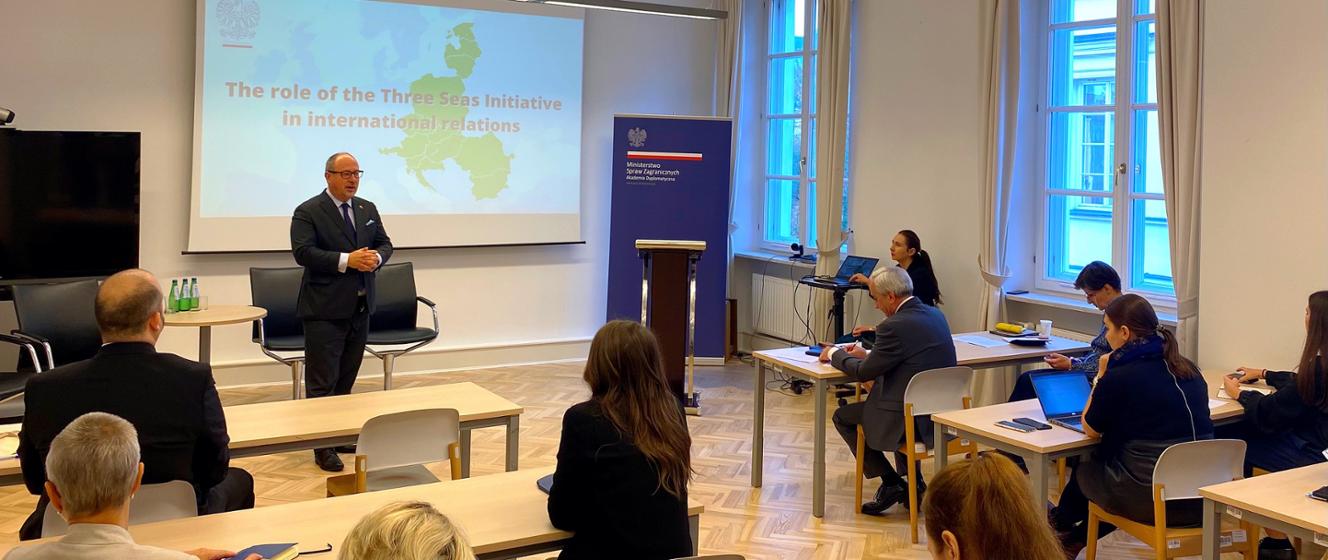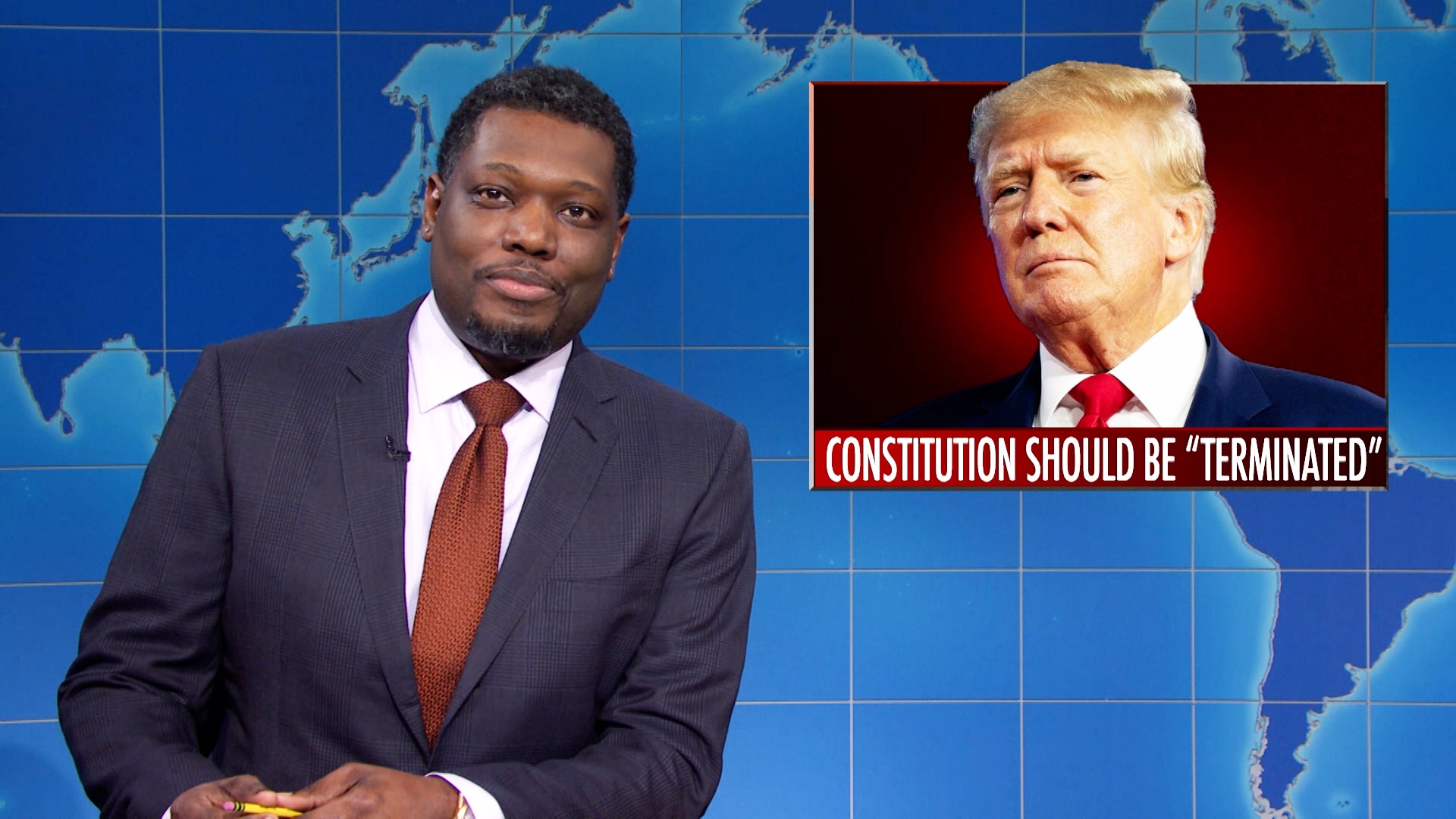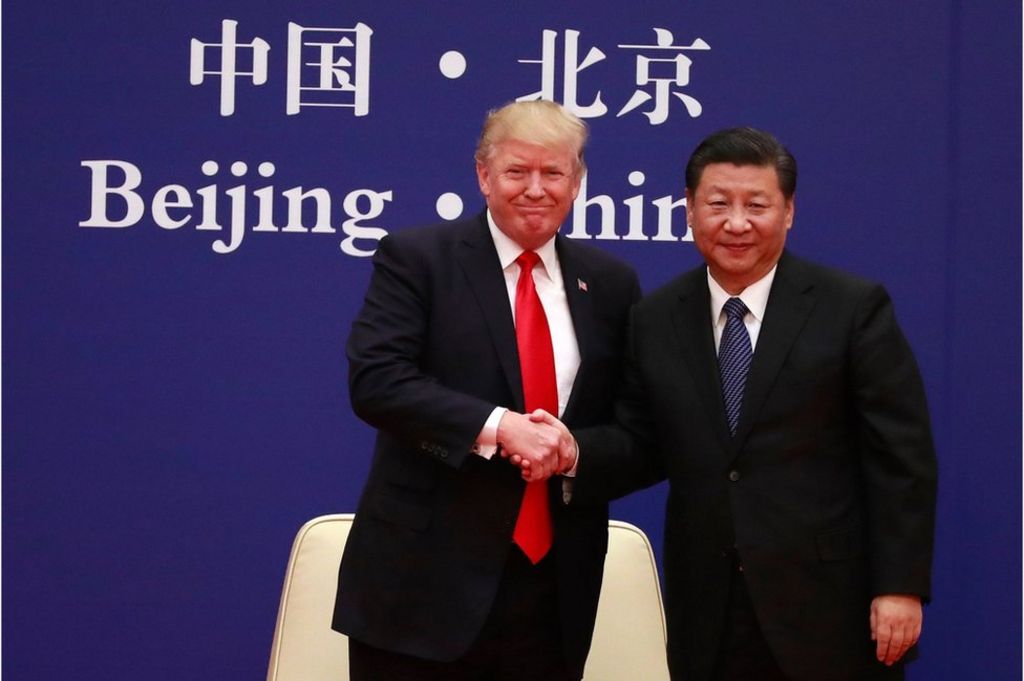Putin's Peace Talks Initiative: A Diplomatic Failure?

Table of Contents
The Initial Proposals: A Look at Putin's Demands
Putin's initial demands during early peace talks presented a set of conditions that were largely unacceptable to Ukraine and the West. These demands, often framed as preconditions for any meaningful dialogue, revealed the inherent imbalance of power and the ambitious scope of Russia's objectives.
-
Demilitarization of Ukraine: This demand, essentially requiring Ukraine to surrender its military capabilities, was seen as a blatant attempt to subjugate the country and remove its ability to defend itself. This directly contradicted Ukraine's sovereignty and right to self-defense.
-
Neutrality Guarantees: While seemingly neutral, this demand essentially required Ukraine to forgo any future aspirations of joining NATO or other Western military alliances, permanently limiting its geopolitical options and leaving it vulnerable to future Russian aggression. This demand was interpreted as a means of establishing Russia's sphere of influence.
-
Recognition of Crimea and Donbas: This demand formalized Russia's illegal annexation of Crimea in 2014 and its support for separatist groups in the Donbas region, effectively rewarding aggression and undermining international law. The recognition of these territories as Russian territory is a non-starter for Ukraine and the international community.
The infeasibility and unacceptability of these demands were immediately apparent. Ukraine, with the backing of the West, viewed these proposals not as a basis for negotiation, but as an ultimatum designed to legitimize Russia's territorial claims and subdue Ukrainian sovereignty. The context of these demands, made amidst an ongoing invasion and widespread human rights violations, further underscored their lack of sincerity. These demands were viewed as a clear indication of Russia's unwillingness to engage in genuine peace negotiations.
Lack of Good Faith Negotiation: Strategic Calculations or Genuine Peace Efforts?
Analyzing Russia's actions surrounding the peace talks reveals a significant discrepancy between stated intentions and actual behavior. The lack of good faith negotiation raises serious questions about Putin's commitment to a peaceful resolution.
-
Escalation of military actions during and after talks: Russia consistently escalated its military actions, even during periods of purported negotiations. This suggests that the talks were used as a smokescreen while pursuing military objectives.
-
Continued shelling of civilian areas: The relentless bombardment of Ukrainian cities and towns, targeting civilian infrastructure and populations, demonstrates a blatant disregard for human life and a clear violation of international humanitarian law. This contradicts any claim of seeking a peaceful resolution.
-
Allegations of war crimes and human rights abuses: Numerous reports and investigations document widespread war crimes and human rights abuses committed by Russian forces. These atrocities undermine any pretense of genuine peace efforts and cast doubt on the sincerity of Russia's negotiating position.
These actions, far from supporting a peaceful outcome, suggest that the peace talks were a strategic maneuver designed to either gain time to consolidate military gains or to create a false narrative of peace efforts while continuing aggressive actions. Many experts believe Russia's primary objective was never a peaceful resolution, but rather the subjugation of Ukraine.
The International Community's Response: Sanctions and Diplomatic Pressure
The international community responded to Putin's peace talks initiative with a combination of sanctions and diplomatic pressure. The effectiveness of these measures in influencing Russia's behavior, however, remains a subject of ongoing debate.
-
Western sanctions imposed on Russia: Sweeping sanctions targeting Russia's economy, financial institutions, and key individuals aimed to pressure Russia into changing its course. While these sanctions have had an impact, their long-term effectiveness and ability to force Russia to the negotiating table are still unclear.
-
Diplomatic efforts by various countries and international organizations: Numerous countries and international organizations, including the UN and EU, engaged in diplomatic efforts to facilitate a peaceful resolution. These efforts have yielded limited success, highlighting the challenges in mediating a conflict involving a belligerent actor unwilling to compromise.
-
The impact of these responses on the peace process: The impact of sanctions and diplomatic pressure on the peace process has been mixed. While sanctions have undoubtedly strained the Russian economy, they have not yet resulted in a significant change in Russia's behavior. Diplomatic efforts have been hampered by Russia's unwillingness to engage in genuine negotiations.
Alternative Peace Proposals and their Viability
Several alternative peace initiatives have been proposed by other countries and international bodies, offering different approaches to conflict resolution. These alternatives often contrast sharply with Putin's demands, highlighting the vast gap between Russia's ambitions and the aspirations of Ukraine and the international community.
-
Specific examples of alternative proposals: These proposals vary in their scope and approach but often emphasize a phased withdrawal of Russian troops, an internationally monitored ceasefire, and a commitment to respecting Ukraine's territorial integrity and sovereignty.
-
Comparison of these alternatives with Putin's proposals: The key difference lies in the acknowledgment of Ukraine's right to self-determination and the rejection of Russia's territorial claims. These alternatives prioritize a peaceful resolution based on international law and respect for Ukraine's sovereignty, a stark contrast to Putin's demands.
-
Assessment of the feasibility and potential for success: The feasibility of these alternatives depends heavily on Russia's willingness to engage in good faith negotiations and compromise. The ongoing conflict and Russia's continued aggression present significant obstacles to achieving a lasting peace agreement.
The Role of NATO and the West
The role of NATO and Western countries in shaping the conflict and the peace negotiations is complex and multifaceted. Their actions have significantly influenced both the dynamics of the conflict and the responses to Putin's peace proposals.
-
NATO's expansion and its impact on Russian security concerns: Russia has repeatedly cited NATO expansion as a threat to its security interests. This perception, whether accurate or not, has significantly influenced Russia's actions and its approach to negotiations.
-
Western military aid to Ukraine: The provision of military aid to Ukraine has been crucial in enabling Ukraine to resist Russian aggression. This support, however, has also been criticized by Russia as escalating the conflict.
-
The influence of Western sanctions on the conflict: Western sanctions have imposed significant economic pressure on Russia. However, their influence on the peace process is debated, with some arguing they have hardened Russia's stance while others believe they are essential in deterring further aggression.
Conclusion
The analysis of Putin's peace talks initiative reveals a pattern of actions inconsistent with genuine diplomatic efforts. The initial demands, coupled with the continued escalation of military actions, allegations of war crimes, and disregard for international law, strongly suggest that Putin's proposals were not aimed at achieving a peaceful resolution, but rather at achieving Russia's geopolitical objectives through military and diplomatic pressure. The challenges in achieving a lasting peace in Ukraine remain immense, particularly given Russia's unwillingness to compromise on its core demands. Further research and analysis are crucial to understanding the complexities of Putin's peace talks initiative and exploring viable pathways toward a sustainable resolution to the conflict in Ukraine. The future of the region depends on a careful evaluation of all proposed solutions, including a critical examination of Putin’s peace talks initiative and its long-term consequences. Only through a comprehensive understanding of these factors can we hope to find a lasting and just resolution to this ongoing crisis.

Featured Posts
-
 Red Carpet Etiquette Why Guests Continue To Break The Rules
May 18, 2025
Red Carpet Etiquette Why Guests Continue To Break The Rules
May 18, 2025 -
 Listen To Damiano Davids Next Summer Now
May 18, 2025
Listen To Damiano Davids Next Summer Now
May 18, 2025 -
 This New Investing Idea Isnt Right For Retirement
May 18, 2025
This New Investing Idea Isnt Right For Retirement
May 18, 2025 -
 Weekend Update Snl Audiences Unexpected Outburst And Host Reaction
May 18, 2025
Weekend Update Snl Audiences Unexpected Outburst And Host Reaction
May 18, 2025 -
 Trump Considers China Trip For Summit With Xi Jinping
May 18, 2025
Trump Considers China Trip For Summit With Xi Jinping
May 18, 2025
Latest Posts
-
 Dodgers Conforto A Hernandez Esque Impact
May 18, 2025
Dodgers Conforto A Hernandez Esque Impact
May 18, 2025 -
 Confortos Path To Success Following In Hernandezs Footsteps
May 18, 2025
Confortos Path To Success Following In Hernandezs Footsteps
May 18, 2025 -
 Dodgers Bet On Conforto Following Hernandezs Success
May 18, 2025
Dodgers Bet On Conforto Following Hernandezs Success
May 18, 2025 -
 Pete Crow Reports Cubs Clinch Series With Armstrongs Two Homer Performance
May 18, 2025
Pete Crow Reports Cubs Clinch Series With Armstrongs Two Homer Performance
May 18, 2025 -
 Dodgers Vs Cubs Armstrongs Two Home Runs Decide Series
May 18, 2025
Dodgers Vs Cubs Armstrongs Two Home Runs Decide Series
May 18, 2025
